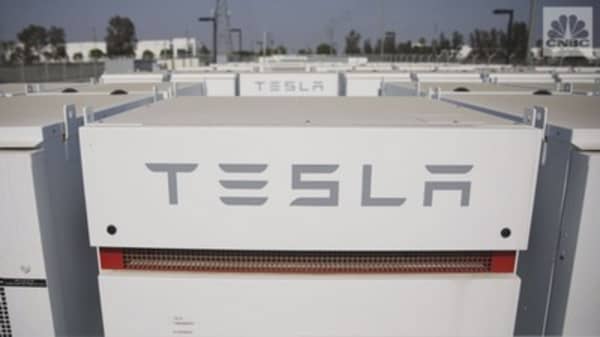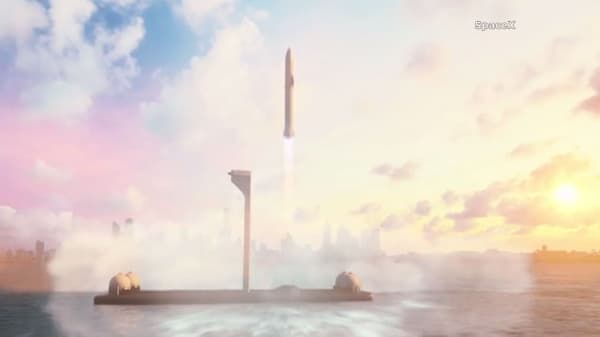But the relief effort is being joined, and in some cases led, by corporations. There are also extensive data being published showing that the private sector essentially did a good job in response to Hurricanes Harvey and Irma. After Hurricane Maria, Apple, Google, Pepsi, Coca-Cola, Burger King, Goya, all stepped up and Wal-Mart is again setting the pace with up to $5 million in cash and product donations to Maria victims alone.
And along with the private sector stepping up to the plate, there are signs that the government may be realizing one part of the charity job it should stop doing altogether. That is, ending the practice of making ordinary American taxpayers continue to underwrite national flood insurance for sometimes richer Americans who choose to build homes in flood areas. President Trump even mentioned the idea of putting an end to subsidized national flood insurance for new homes built in those areas from now on.
Just like that, we have evidence that the government and the public have become used to the private sector doing more and the public sector doing less after disasters... as long as it works.
Like I said, timing is everything.
And, just to be fully honest, let's not ignore the fact that these companies stand to earn some very valuable positive public relations from all of his and even a bit of powerful advertising.
But now Musk is taking that idea and moving it a crucial step further. Because he and Tesla are focusing on making an investment in Puerto Rico's recovery.
The investment community's response to Hurricane Maria in Puerto Rico has been in special focus because of the island's heavy debt and President Trump's comment that those debts would need to be "wiped out."
Now along comes Musk, and suddenly investors have another way to look at Puerto Rico. Bond debts or no bond debts, Tesla could make a project on the island profitable for its investors even just as a demonstration of what the company could do for better paying municipal customers elsewhere. Again, that takes us to a new place from just the valuable public relations effect Wal-Mart and other companies gain from pitching in cash and material after disasters.
And Musk isn't alone. Google parent Alphabet has just secured FCC approval to float large balloons over Puerto Rico to restore cellular service. Again, whether Alphabet does this for free or at cost isn't the point. It's going to be demonstrating its abilities to create an investment worthy tool for disaster recovery.
This is a new approach in many ways, but perhaps this is actually the beginning of a return to America's historic roots. The best example is probably what happened after the 1906 San Francisco earthquake destroyed much of the city and the private sector began to rebuild quickly and without waiting for much government direction or aid.
Now that rebuilding effort wasn't perfect, but the speed with which the city bounced back is a well documented case of effective recovery. And the savvy response of one San Franciscan named A.P. Giannini, who just happened to run a bank in the city, was essential to that recovery. Giannini broke with his fellow bankers in the city and set up shop on the docks near San Francisco's North Beach and began extending loans right then and there. His actions not only were a crucial factor in the city's recovery, it started the process of turning his small local bank into the huge multinational Bank of America.
Will Musk become Puerto Rico's Giannini? He certainly could in many ways. But so could some of Musk's peers like Google, which undoubtedly could find a way to profit not from tragedy, but from leading the recovery from tragedy.
The best news is that people like Musk et al. are not only willing to try, but Americans and the current White House seem to be very willing to let them.






